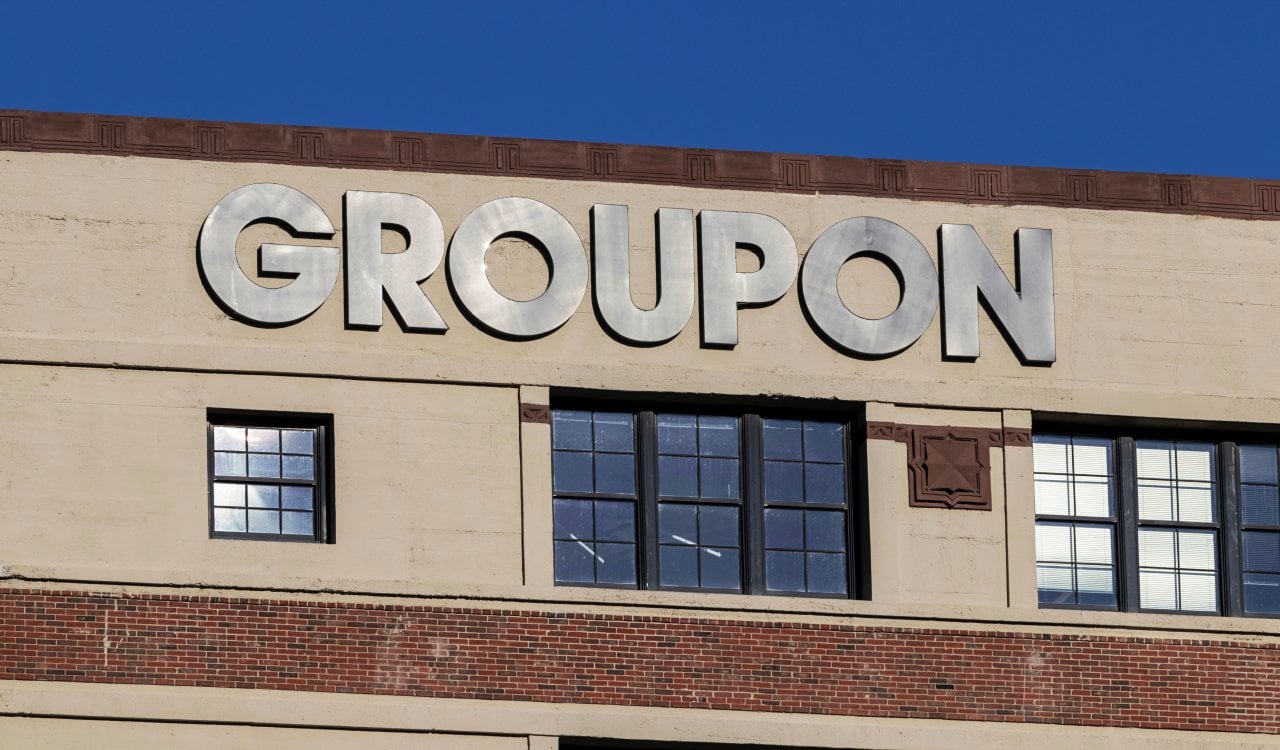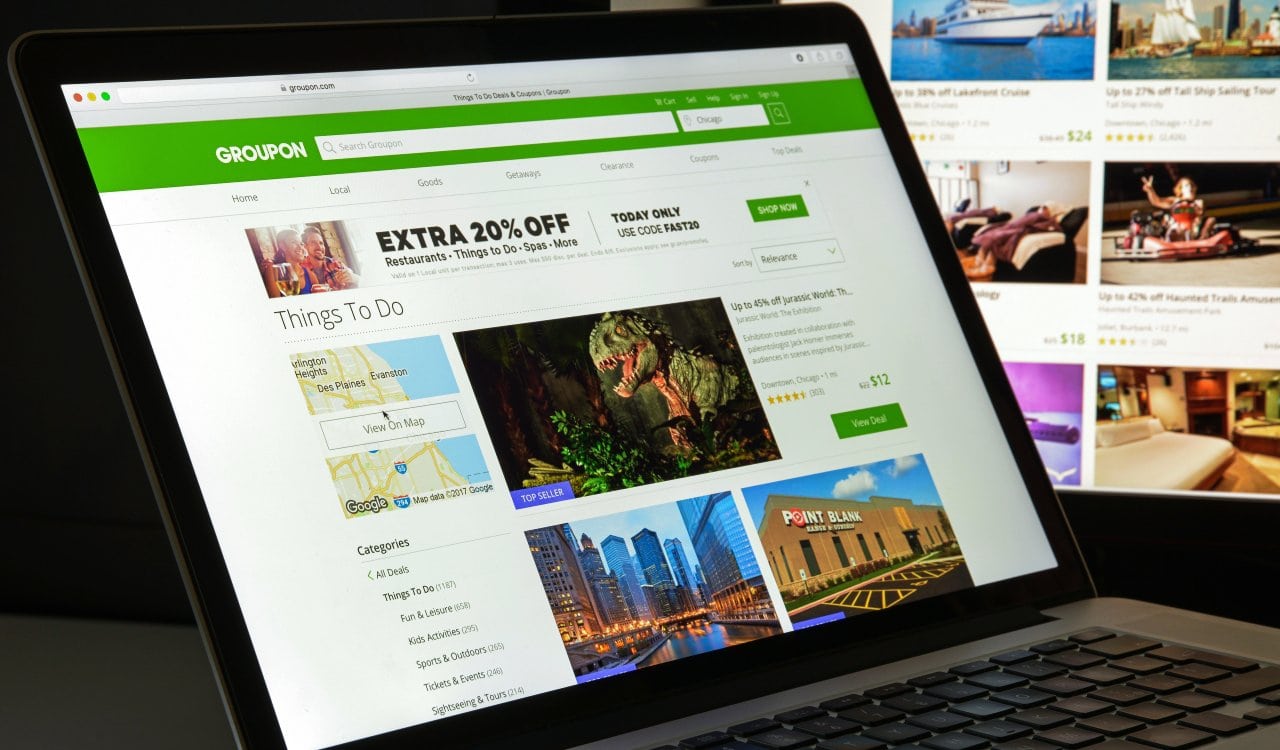Silicon Valley is a major technology hub in the United States where a ton of major corporations began. If they did not begin here, they currently have their main headquarters located in the territory at least. To understand what Silicon Valley corporations are, we must first define what “Silicon Valley” actually is. Some assume it is one city, but it’s actually made up of several cities. There are several interpretations of what cities are included in the territory, but most believe everywhere in the infamous “Bay Area” should be counted.
That “Bay Area” is the San Francisco Bay Area, where Silicon Valley is mostly located in the southern section of the area in the San Mateo, Santa Clara, and Alameda Counties. This includes the cities of San Jose, Sunnyvale, Santa Clara, Redwood City, Palo Alto, Menlo Park, Mountain View, Cupertino, and Fremont. One could also include the city of San Francisco here too. Several of these cities are notable just on their own, but their location being so close together helped to make up the Silicon Valley as it is today. It just so happens there are a lot of successful companies here, but there have also been some massive failures as well.
Failure – Groupon

Current Company Value: Roughly $330 Million
While Groupon is relatively popular, it happens to be among the failing Silicon Valley corporations. Groupon started off hot; it seemed that it had nowhere to go but up. In fact, by 2011 it became a billion-dollar company. Yet the company began sliding in 2012, and both CEO and Co-Founder Andrew Mason seemed to be the person to blame. It all seemed to be due to the decision to take Groupon public, meaning it would be added to the stock market. Some expected it to flourish upon arrival due to the value it had coming in and the great marketing it had done.

Yet its first earnings release as a public company resulted in a $9.8 million fourth-quarter loss. Investors were naturally worried about this, and it seemed that Groupon was not going to bounce back. By 2015, three years into going public, shares were selling at just $6.32 after opening at $26.11 in November 2011. The issues, naturally, led to a change in CEO leadership. However, the problems kept coming and by November 2016 they reduced Groupon’s area of coverage from 27 countries to just 15. This led to another change in leadership at the top. The hope is that new CEO, Aaron Cooper, can right this sinking ship.
